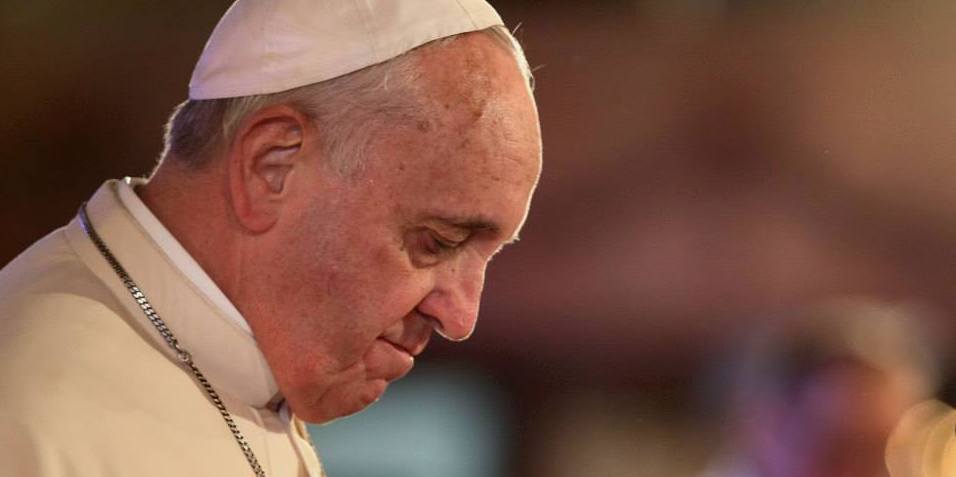By Wesley Hill
A little over a year into the pontificate of Pope Francis but still two years away from the new pontiff’s much-discussed apostolic exhortation Amoris laetitia and its thinly veiled criticism by four of the Catholic Church’s own cardinals, the New York Times columnist Ross Douthat, himself a Catholic, wrote a long essay for the paper’s Sunday review in which he suggested that the time might have arrived for self-consciously conservative Catholics to “resist” the pope.
Login to read more
Sign in or create a free account to access Subscriber-only content.
Topics:
